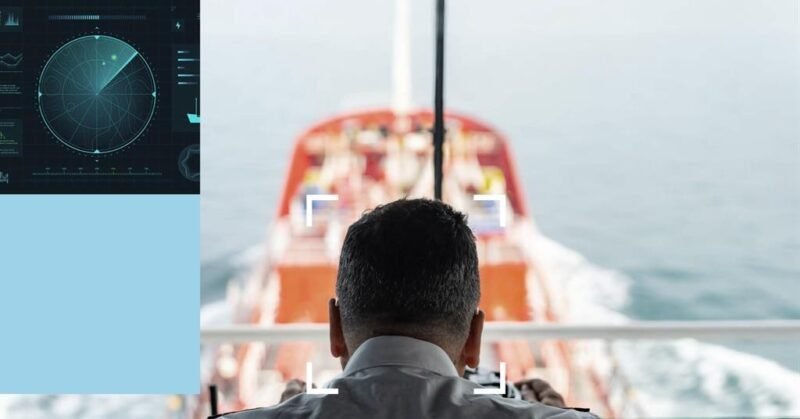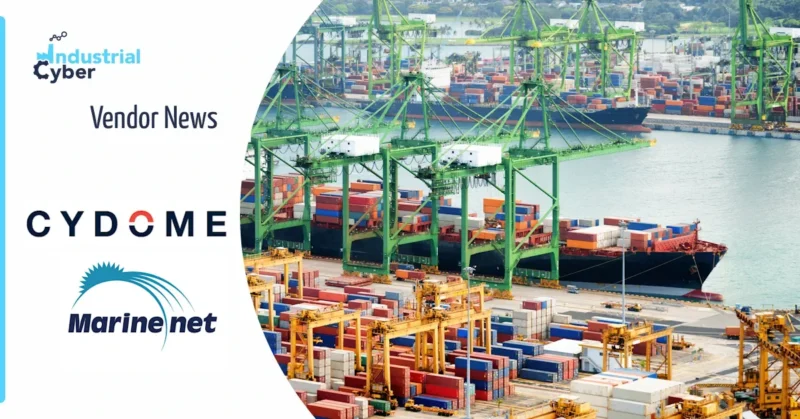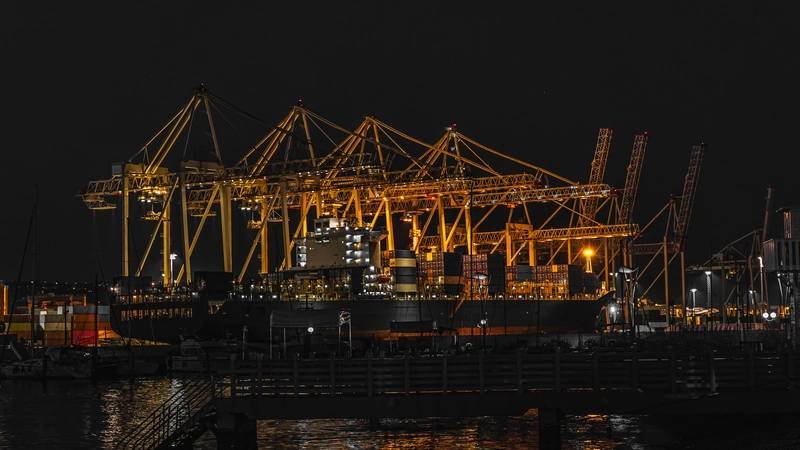A recent report by DNV highlights that a majority of maritime professionals (61%) are in favor of accepting higher cyber risks in exchange for technological innovation and progress. The maritime industry’s increasing reliance on digital technologies, including AI, data analytics, autonomous operations, and high-bandwidth satellite communications, presents both opportunities and vulnerabilities. Despite this digital transformation, 71% of professionals surveyed expressed concerns that their organizations’ assets are now more vulnerable to cyber-attacks than ever before.
The report sheds light on the industry’s evolving landscape, where technological advancements are driving significant changes. With the rapid adoption of digital tools and systems, maritime companies are facing a new set of challenges related to cybersecurity. As organizations embrace digitalization to enhance efficiency and competitiveness, they must also prioritize cybersecurity measures to safeguard against potential threats and attacks.
As the maritime sector continues to evolve and embrace digital transformation, the need for robust cybersecurity measures becomes increasingly critical. The report underscores the importance of addressing cybersecurity risks in tandem with technological advancements to ensure the industry’s resilience and sustainability. By prioritizing cybersecurity practices and investing in protective measures, maritime companies can mitigate the growing threat of cyber-attacks and safeguard their operations and assets.

















